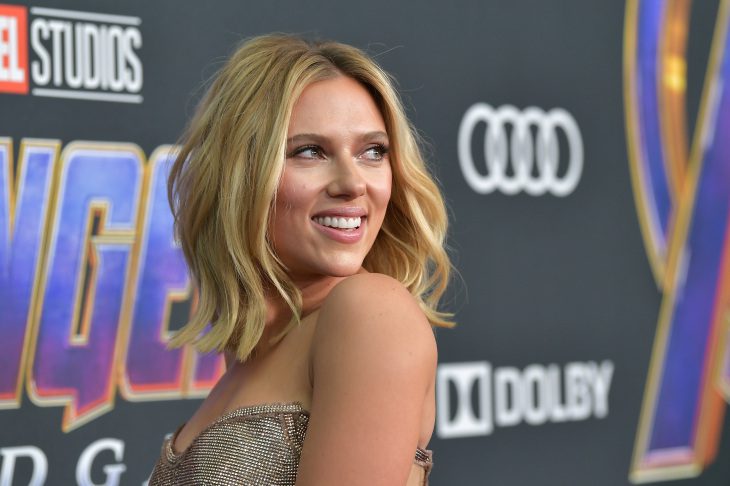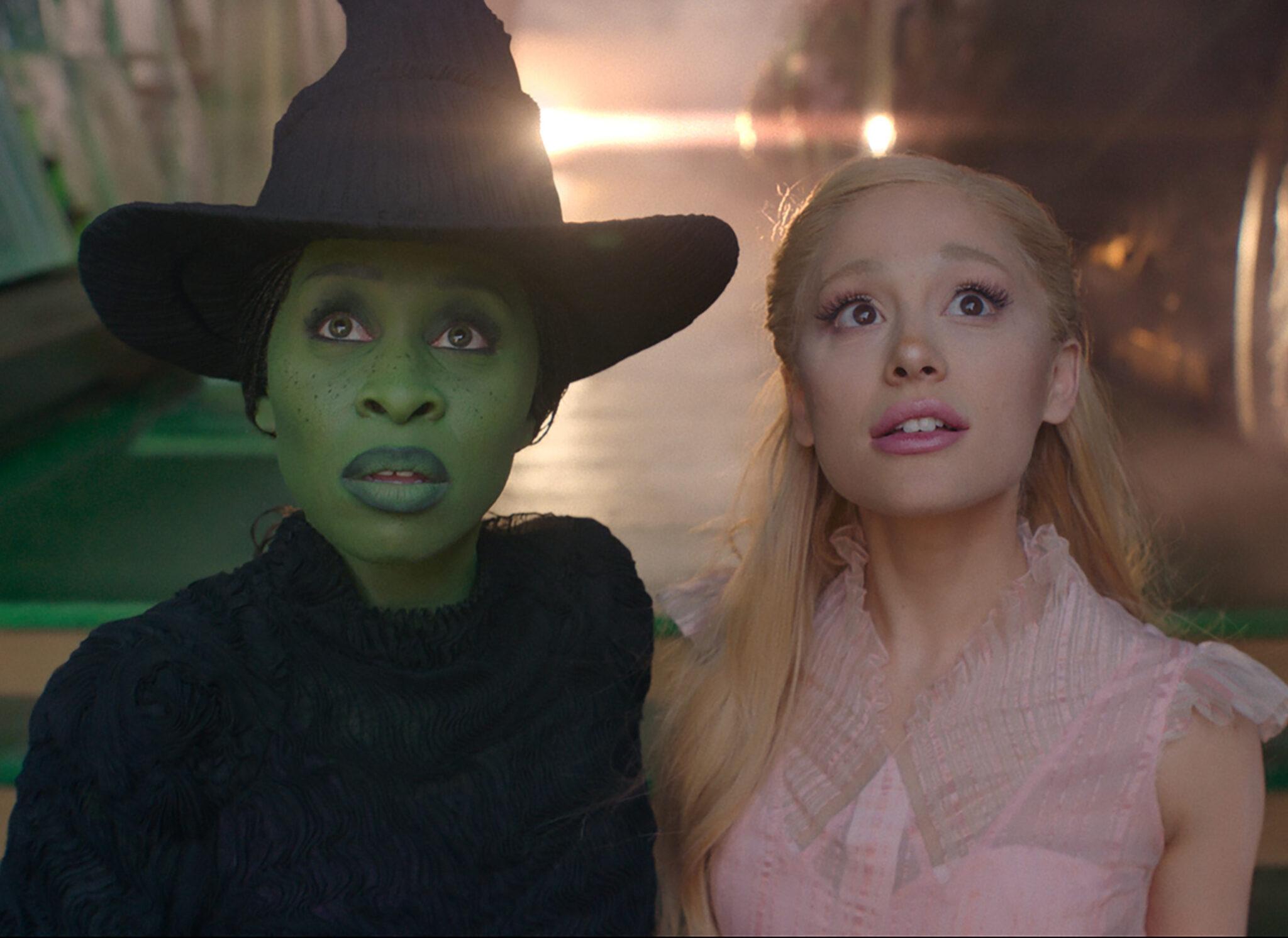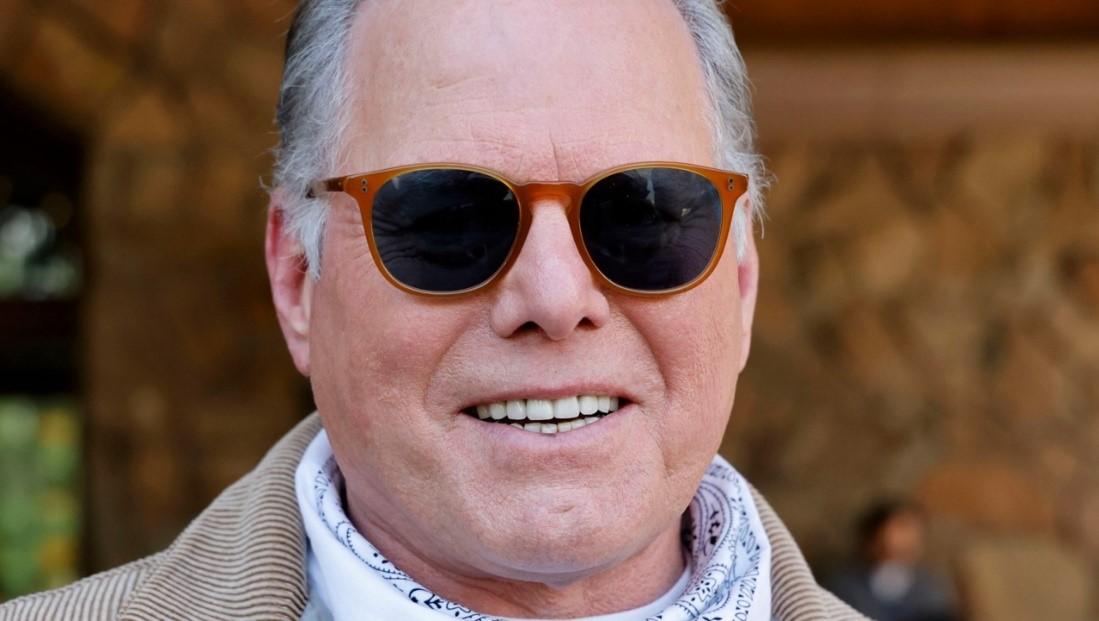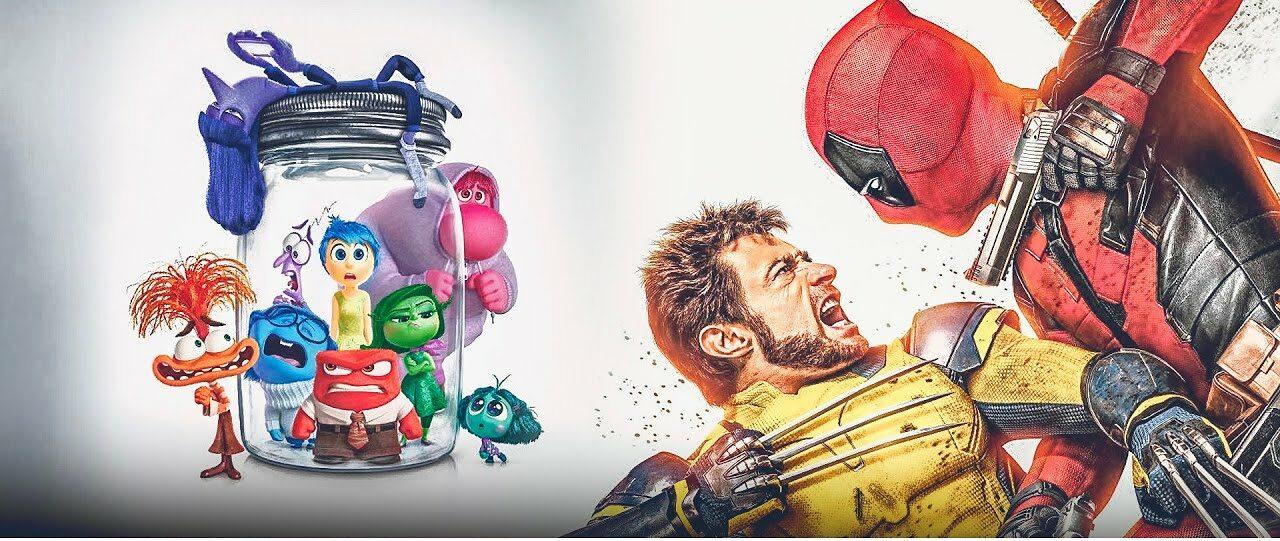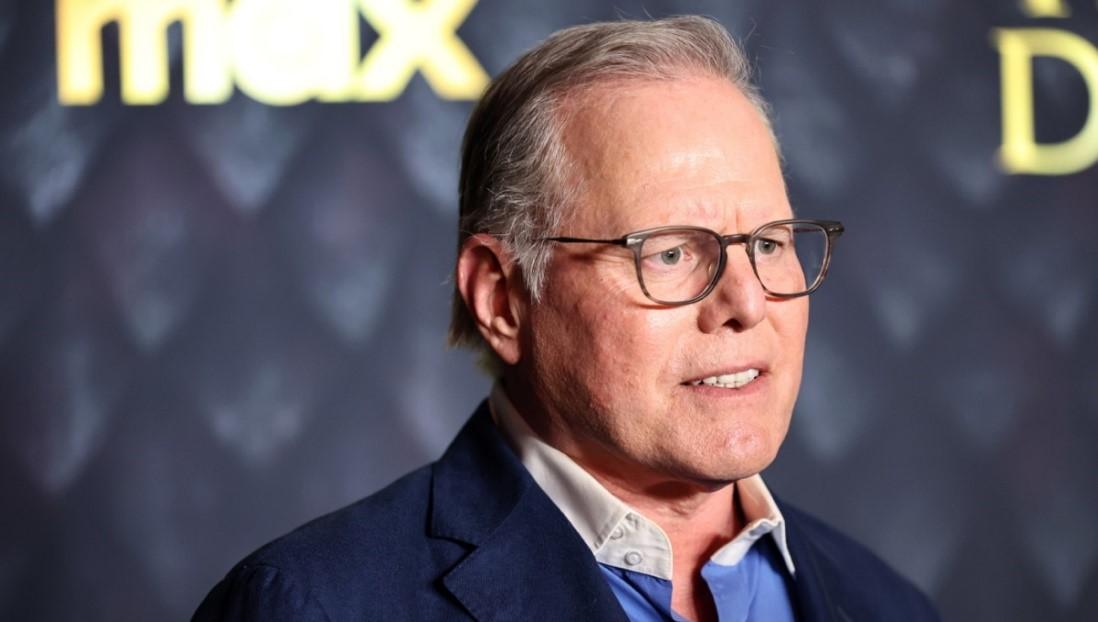The battle between Scarlett Johansson and Disney has grown beyond an industry compensation struggle to make headlines in mainstream news outlets such as the New York Times, Wall Street Journal and even Barstool Sports.
Johansson filed a lawsuit against the Walt Disney Company, claiming that the studio’s unilateral decision to release BLACK WIDOW simultaneously in theatres and on Disney+ streaming resulted in lowering box office returns for the film and therefore reduced compensation that Johansson would earn based on those results. Johansson’s legal team argued that Disney violated the terms of her agreement with the studio, which tied her earnings to the theatrical box office results.
While Johansson is the first major star to file suit against a studio due to the impact of day & date releasing, many actors are upset over Hollywood’s sudden shift to streaming. Traditionally, contracts between actors and studios on major projects have linked compensation to box office performance.
After Warner Bros announced late last year that it would release its entire slate of 2021 movies in theatres and on HBO Max simultaneously, they went on to renegotiate compensation with key actors in their films, resulting in payouts of over $200M in additional compensation.
On the other hand, Paramount has resisted so far making similar changes, notably in their agreement with Mark Wahlberg for this summer’s release of INFINITE, which the studio changed from a traditional theatrical release to streaming only on the company’s Paramount+ service.
Certainly, these fundamental changes in how studios distribute films will eventually translate into new models for how talent is compensated.
See also: Labor Union Coalition Lobbies FTC To Block Amazon-MGM Deal: Sees “Harmful Vertical Integration In Film Industry” (Deadline)

